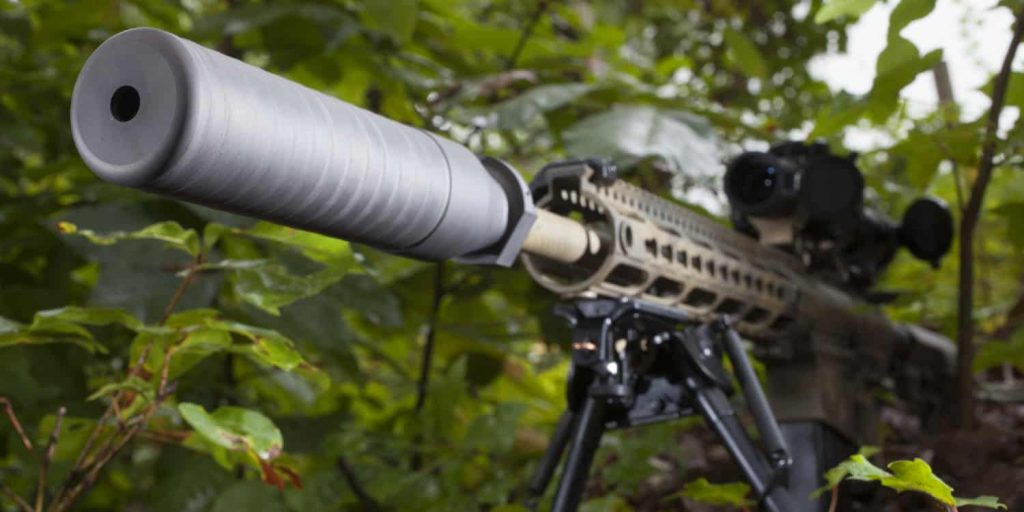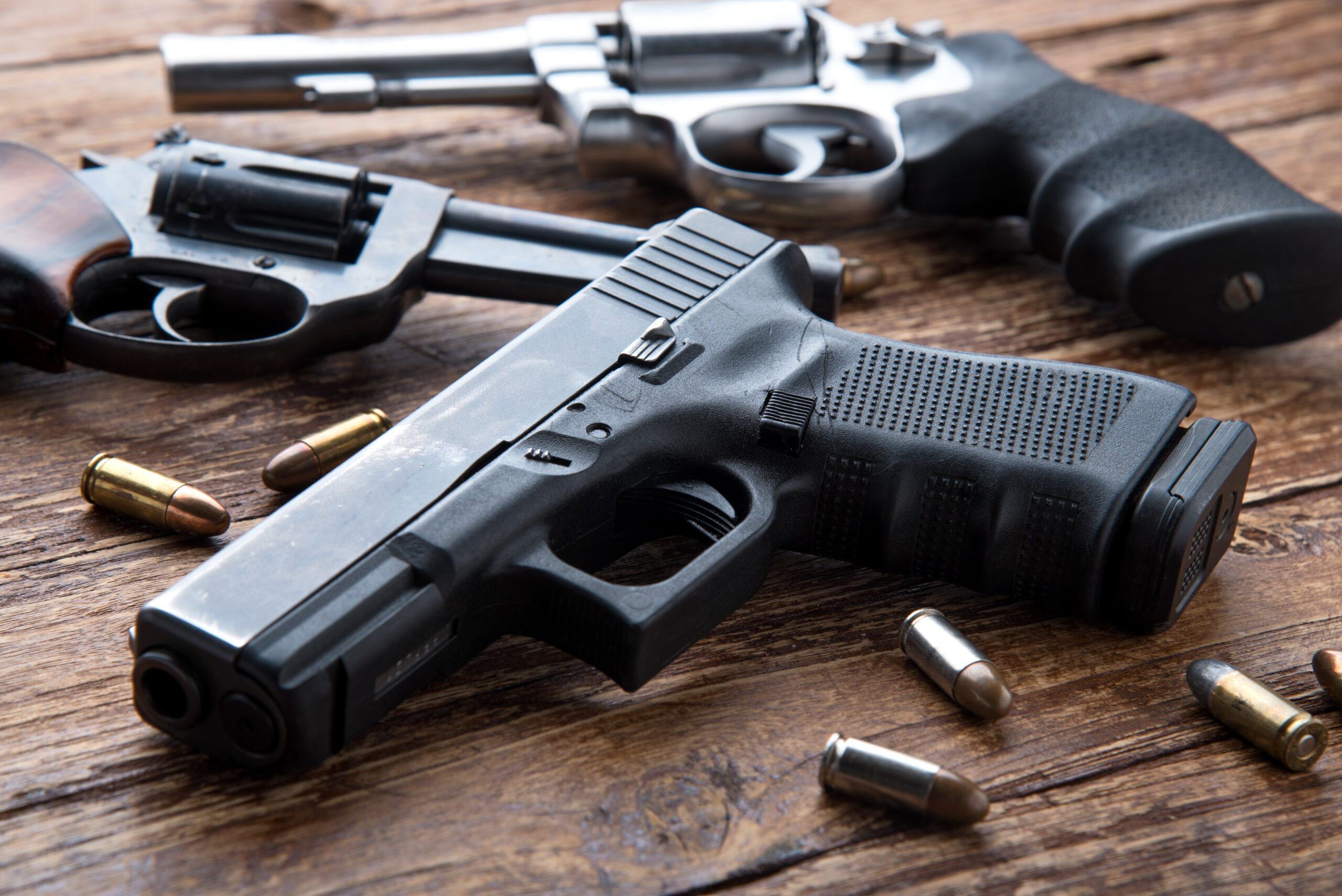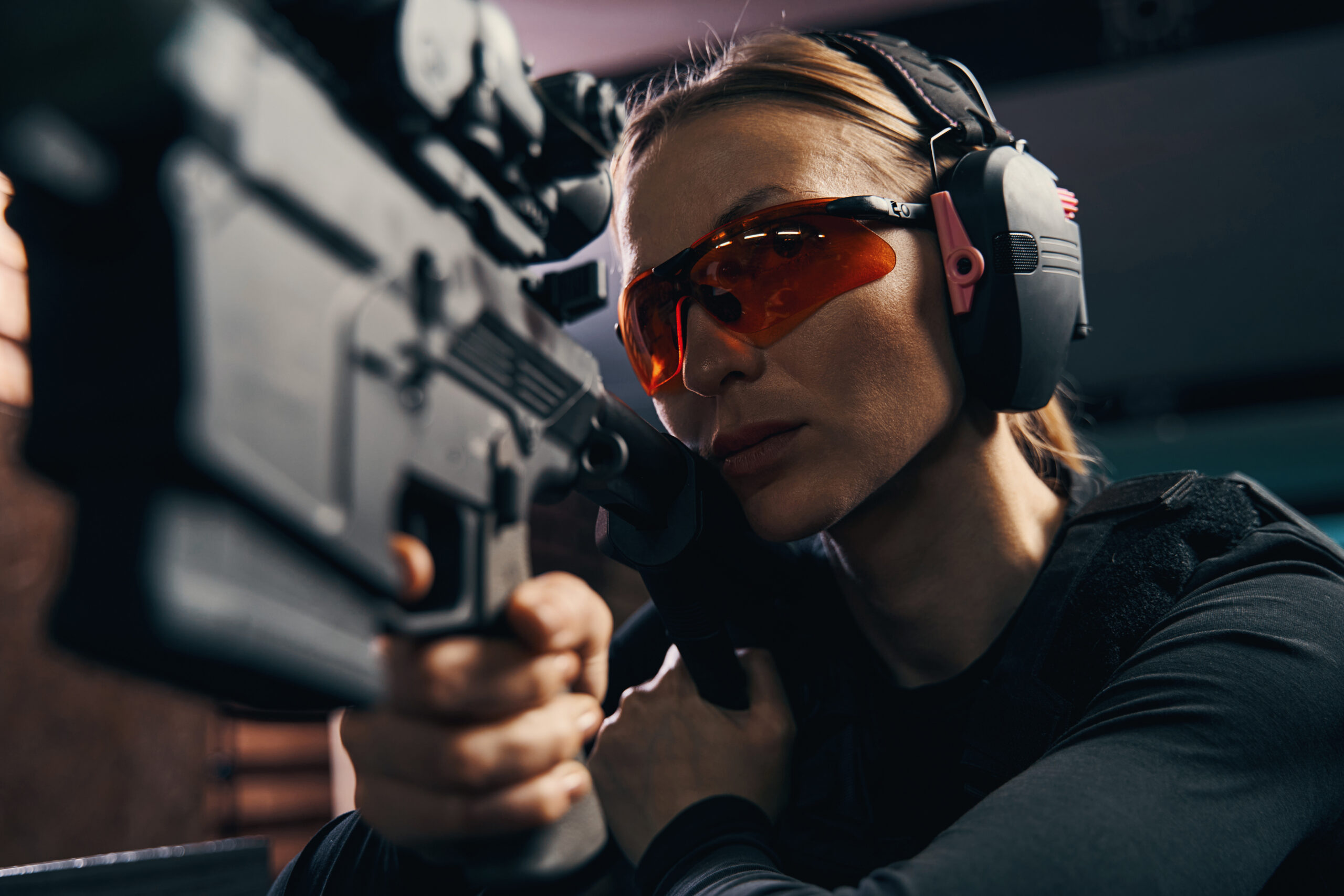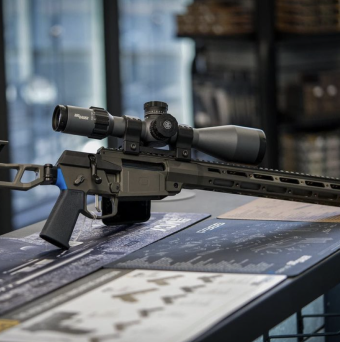It’s important to be aware of gun laws in order to be a responsible firearm owner. This includes understanding the process for legally transferring firearms when the owner passes away. Gun trusts are one way to handle the inheritance of firearms, particularly those that fall under the National Firearms Act (NFA). They can also be helpful if you want to allow members of your family to use NFA items, which you cannot do legally without a trust.
Please be aware that this article is for informational purposes only and does not constitute legal advice. If you have any questions about gun trusts or other topics related to firearm laws, consult with an attorney.
What Is a Gun Trust?
A gun trust is a legal entity that owns firearms, as opposed to having an individual with ownership over these items. Multiple individuals can have access to the trust, and there are different levels of access they may have or conditions for them to gain access. For example, you could set up a trust to give access to your guns to your children after you pass away, or you could set up a trust where multiple living individuals share access to the firearms.
What Makes a Gun Trust Different From a Standard Trust?
A gun trust works similar to any other trust, in that you draft a document that dictates who has access to the items in the trust and under what conditions. The difference is that a gun trust takes into account the specific regulations that govern the transfer of firearms.
If you put a firearm in a generic trust, the executor of your estate may unknowingly break the law when transferring it if they are not familiar with firearm regulations. This is particularly relevant for NFA-regulated items, such as suppressors, short-barreled shotguns (SBSs), or short-barreled rifles (SBRs). Gun trusts are most common for these items, and depending on the circumstances, you may not need one if you only have non-NFA items. However, it is still best to speak with an attorney about your individual circumstances to determine whether setting up a trust for your firearms is best for you.
Co-Trustees for NFA Firearms
Beyond estate planning, one of the major benefits of a gun trust is that it allows co-trustees to possess and use items in the trust. For example, if you own a suppressor, you may want to let a family member or trusted friend borrow it at the range. This may seem harmless, but it is actually illegal since you are technically “transferring” the NFA item without the user paying the tax stamp or filling out the appropriate forms.
With a trust, all co-trustees would undergo the necessary checks to ensure they can legally possess firearms. The trust would then be the legal owner of the NFA firearms, meaning you would only need to pay the tax stamp once for anyone who is a part of the trust to use the items.
Your Source for NFA-Regulated Items
At The Hub, we specialize in items that other gun shops may not necessarily have, including NFA-regulated firearms and suppressors.












